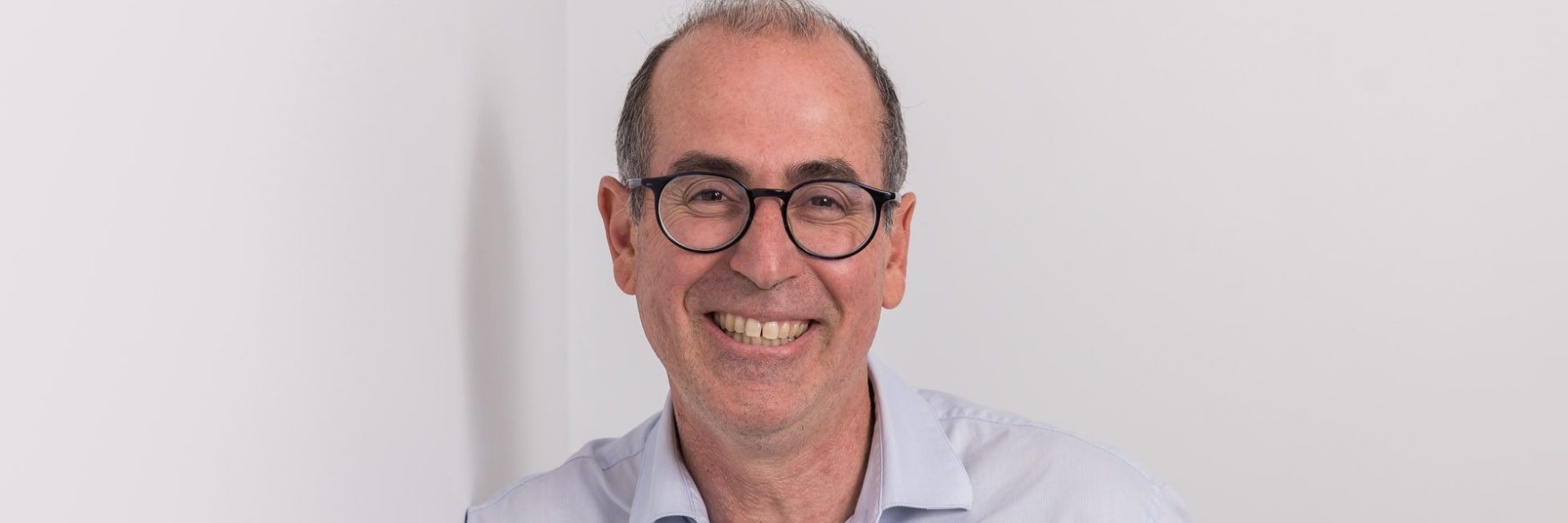SEEK co-founder Paul Bassat built Square Peg into a venture capital powerhouse. His latest bets are on AI, Thinking Machines Lab, and the non-partisan Amplify, which tackles housing and equity challenges.
This story appears in Issue 19 of Forbes Australia, out now. Tap here to secure your copy.
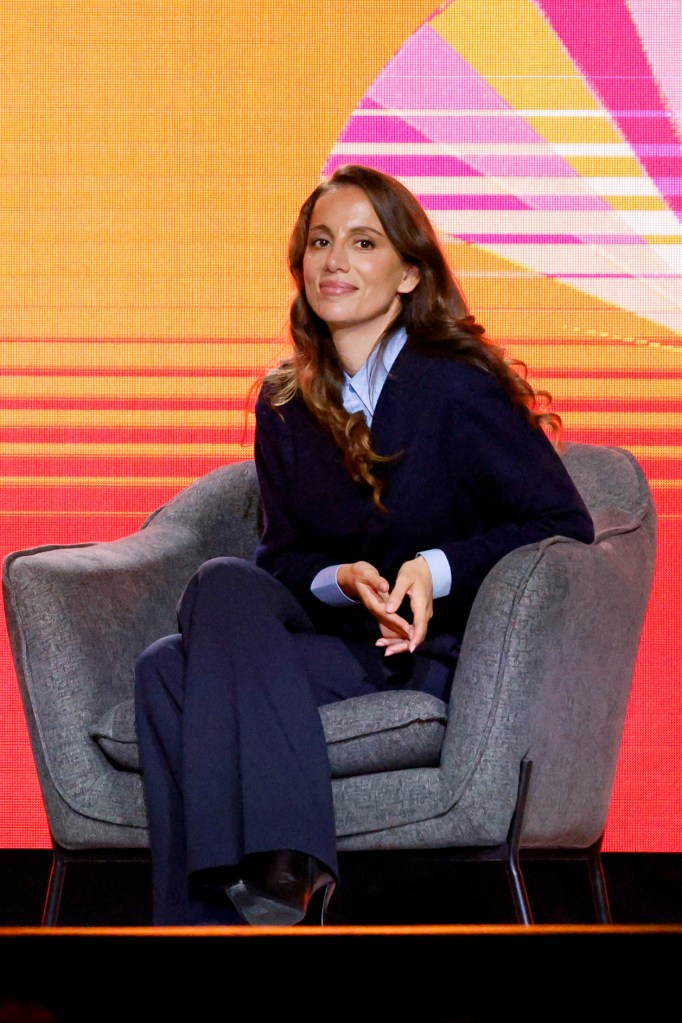
Paul Bassat’s 2025 investment in Mira Murati’s $18.5 billion, San Francisco-headquartered foundational AI start-up, Thinking Machines Lab, came about through a serendipitous chain of events.
Former Australian Olympic swimmer Matt Targett is married to Murati, Bassat says. Targett is friendly with a Square Peg employee, which led to an introduction between Murati and Bassat. The two met on Zoom before Square Peg participated in the $3.1 billion Andreessen-Horowitz-led seed round – the only Australian VC to do so.
VC is an “access business,” Bassat says. Relationships play a crucial role in securing the best opportunities. He has since met Murati in the Bay Area and calls the Thinking Machines team “remarkable.”
Decisive action is what guided Square Peg’s defining investment in foundational AI. Bassat saw an opportunity and struck, as he has done throughout his career. He began investing in AI in 2017, five years before the launch of OpenAI. Today, Square Peg holds positions in more than 20 AI companies.
Bassat has long believed that AI will disrupt sectors and overtake incumbents as rapidly as the internet did in the 1990s, when he founded Seek.
By his own admission, he is a “catastrophiser,” who sees what could go wrong before what might go right. For many, that mindset would lead to caution or paralysis. But for Bassat, the fear of regret outweighs the fear of failure.
The AI future
Bassat is candid about fearing what’s coming. Artificial intelligence, he argues, will create immense wealth and efficiency while leaving millions without purpose.
“A job is about income, but it’s also about identity and purpose,” he says. Universal Basic Income might become necessary, but even that, he warns, won’t solve the deeper human problem.

There is a significant investment opportunity in building foundational AI models, he says. “There are probably only 10 companies in the world that can realistically be one of the big three or four.” Bassat believes Thinking Machines is one of them.
Yet even as he invests, Bassat is open with his children about the dilemmas AI raises. It is the catastrophiser and the reformer in him: always seeing the shadows, always insisting on action.
The shifting venture model
AI isn’t just transforming industries; it is reshaping venture capital itself. As Dr Martin Bliemel of the University of Technology Sydney observes, AI has created two distinct classes: builders of core technology and users who apply it. For the latter, barriers to entry are tumbling.
A solo founder can now achieve what once required dozens of staff. Early revenue streams allow many start-ups to bootstrap, bypassing traditional venture funding. For investors, resilience and adaptability in founders are more critical than ever.
This philosophy has long shaped Bassat’s approach. The demands of AI validate Square Peg’s founder-first model. And unlike many entrepreneurs who cash out and retreat, Bassat reinvests, recycling capital back into the ecosystem. It is a “pay it forward” ethos that has won him respect across industry and government.
Building SEEK
In the late 1990s, recruitment advertising remained stuck in newspaper classifieds. SEEK’s idea to put job listings online, which were searchable and accessible, seemed obvious in hindsight but was radical then.
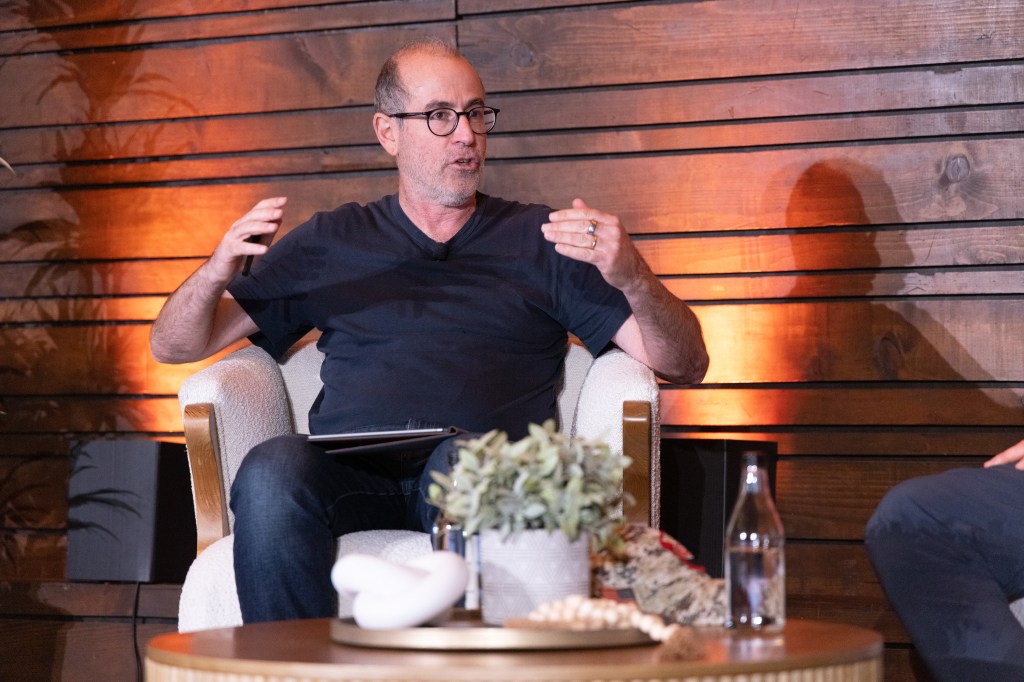
The early years were a grind: persuading advertisers to abandon print, convincing candidates to trust an online platform, and raising capital in a sceptical market. Bassat recalls that the real risk wasn’t failure but never having tried.
SEEK grew, then surged. By 2005, the company went public. Under Bassat’s leadership as CEO, it became the dominant player in Australian recruitment and expanded overseas.
But by 2011, Bassat felt restless again. He had proven himself to be a leader and an operator. Now he wanted to shape the next generation of founders.
Birth of Square Peg
The transition from entrepreneur to venture capitalist was both natural and ambitious. With Tony Holt, Barry Brott, and Justin Liberman, he launched Square Peg in 2012, when venture capital in Australia was scarce and institutional investors were wary.
Square Peg’s pitch was clear: back ambitious founders early, take risks others wouldn’t, and import Silicon Valley’s boldness. Sceptics abounded, but Bassat’s SEEK record gave him credibility. He knew firsthand what it took to build from scratch.
A decade later, Square Peg manages more than $3 billion and has backed some of Australia’s most valuable start-ups. Canva, now a global leader in AI design, was an early bet. Payments disruptor Zeller, workforce platform Deputy, and fintech Airwallex soon followed.
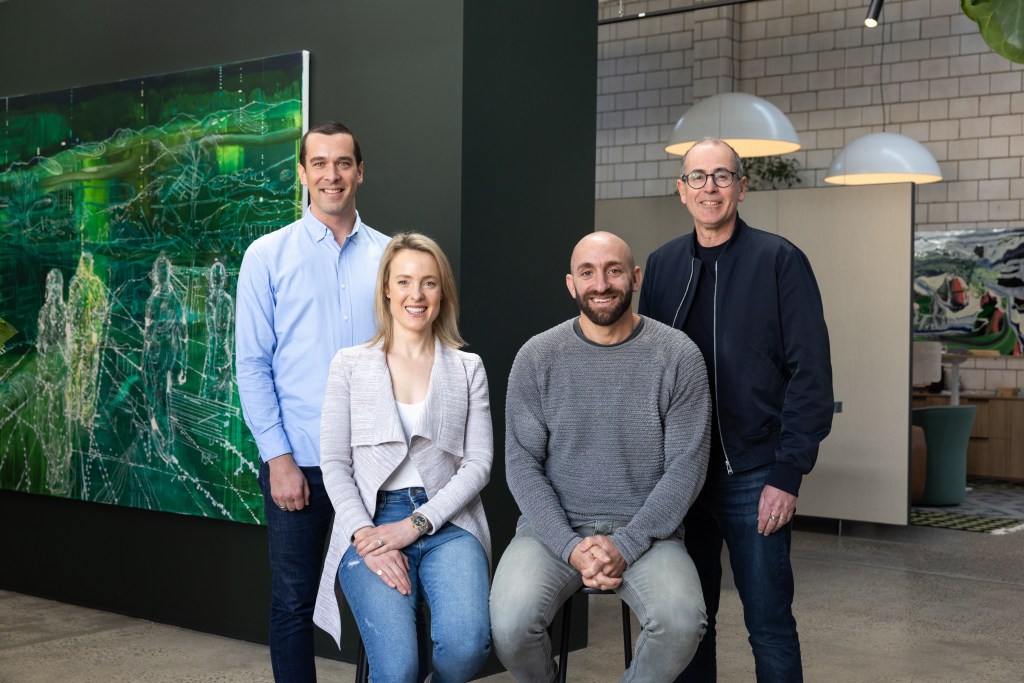
The common thread was never just the product but the founder – Bassat’s mantra: back people first, products second. “We look for strategic ability, drive, hunger, and mindset,” he says. He admires leaders who attract talent rather than fear it.
This approach has yielded remarkable outcomes. In 2020, Ben Pfisterer walked into Square Peg’s office with nothing more than an idea for a payments company. Ten days later, he had a term sheet in hand. That company became Zeller, now a unicorn.
For Jack Zhang, co-founder of Airwallex, it was Bassat’s candour that left the deepest impression. Years earlier, hearing Bassat speak about SEEK’s struggles inspired him. When Zhang launched Airwallex, Square Peg was among the first backers.
Amplify & the broken promise
Despite his business success, Bassat’s most recent project lies in a separate domain. Amplify is a non-partisan not-for-profit that he co-founded with Suzi Carp in 2023 to tackle systemic social issues, starting with housing.
To him, the housing crisis symbolises a deeper fracture. “The promise of Australia has been broken,” he says. Where once each generation expected to live better than the previous one, young Australians now face soaring costs, stagnant wages, and diminished opportunities.
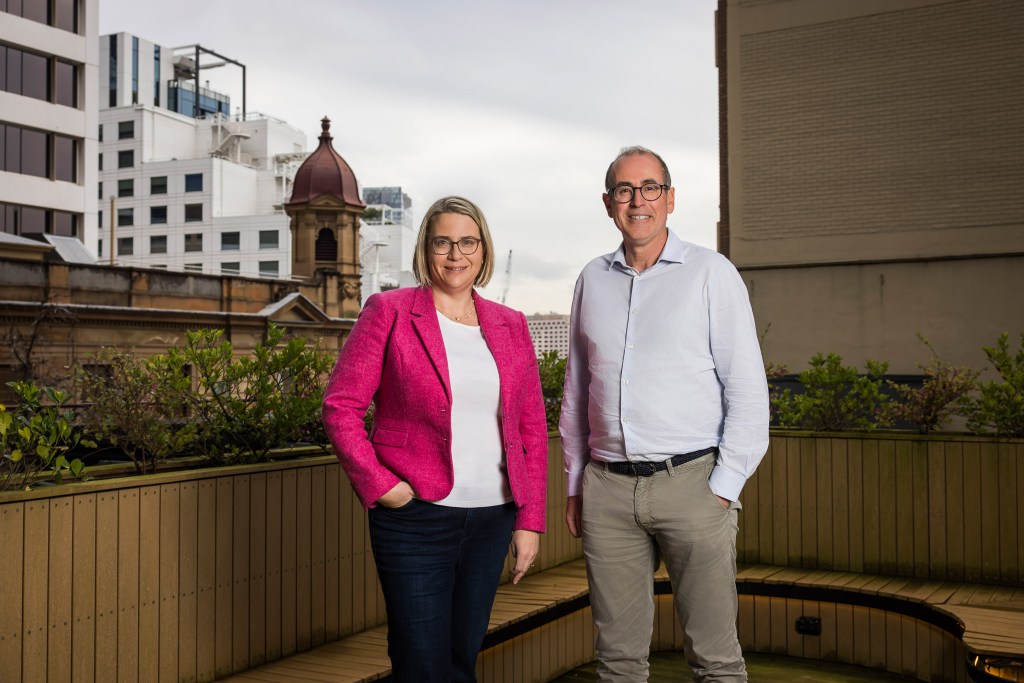
Amplify convenes experts and citizens to deliberate on reforms, arguing that progress requires trust, inclusivity, and long-term vision – qualities that are often missing in politics.
Would he enter politics himself? “No,” he says quickly. “Politics is not a world I’d thrive in.”
Instead, he invests personally in Amplify, determined to influence policy without partisan entanglement. His energy in the Square Peg boardroom lifts when the subject turns to Amplify. “This is the stuff that I love,” he says.
Beyond the boardroom
Despite his focus on start-ups and reform, Bassat has other passions. A lifelong supporter of the St Kilda Saints, he serves as one of ten AFL Commissioners, shaping the sport’s future.
He also spent six years on the board of Wesfarmers, the parent company of Coles and Bunnings. It was a valuable education in large-scale retail, but it confirmed where his heart lies. “Wesfarmers is a great company with great people,” he says. “But I realised I’m more passionate about the 10-person start-up trying to disrupt Coles than the incumbent.”
That restlessness, more than anything, defines him: thriving on disruption, beginnings, and possibility.
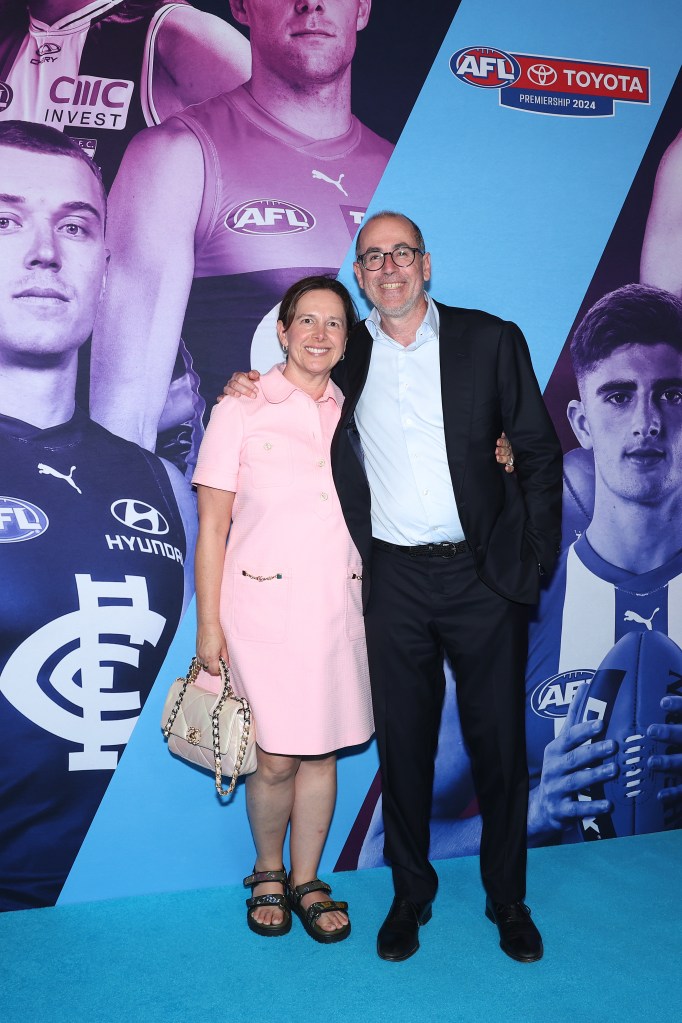
Though a catastrophiser, Bassat is not paralysed by analysis. If anything, he is impatient, referring movement to exhaustive planning. Instead, he finds his analogy in football, admiring St Kilda’s Nasiah Wanganeen-Milera, who runs before knowing where the ball will go. “Most of the time he gets it right, sometimes he doesn’t, but it’s exciting,” he says.
“That’s me. I start running, then work it out.”
Legacy in motion
Paul Bassat’s legacy is visible in the companies he has built and backed. SEEK transformed how Australians find work. Square Peg has seeded unicorns and reshaped the venture capital landscape. Amplify is only just beginning, but it has the potential to reset national conversations about housing and equity.
Perhaps his greatest impact lies in the founders he has inspired – entrepreneurs like Zhang and Pfisterer – who saw in Bassat not just capital but courage. His honesty about risk and grit gave them the confidence to leap.
Look back on the week that was with hand-picked articles from Australia and around the world. Sign up to the Forbes Australia newsletter here or become a member here.
